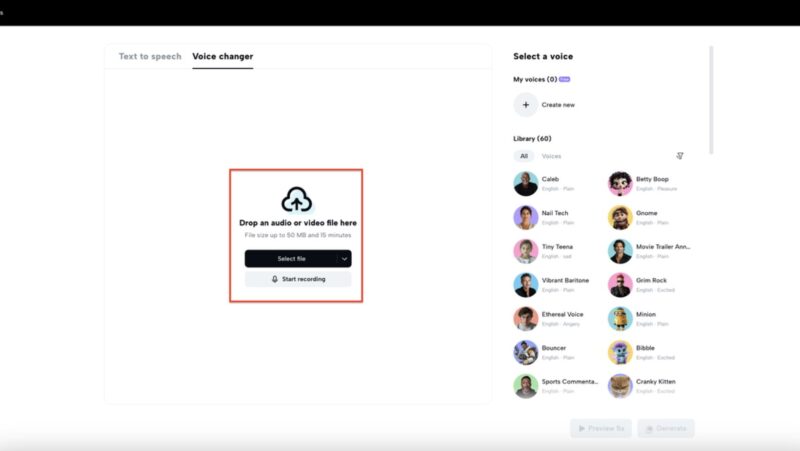
Renovating your home is an exciting venture. Whether updating your kitchen, adding an extension, or making energy-efficient improvements, the changes can significantly enhance your living space and increase your property’s value. However, amidst the enthusiasm of picking out new fixtures and finalizing design plans, it’s crucial not to overlook the potential tax implications of home renovations.
Understanding these tax considerations can help you make informed decisions and save you from unexpected financial burdens. If you find yourself in a tough financial spot after your renovations, consider exploring IRS tax forgiveness programs as a potential relief option.
Understanding Capital Improvements and Tax Deductions
As with any home improvement project, one of the most significant tax issues involves the concept of capital improvements. On an introductory note, capital improvements refer to significant repairs that increase the property’s value, extend its useful life, or upgrade it for a different use. Some of the most usual ones include constructing an additional room, including a swimming pool, or enhancing the electrical system in your home. They do not include repairs and maintenance, which are usually considered non-deductible expenses.
When you make capital improvements, you increase your cost basis by the cost of these improvements. The cost basis is the original price you paid for your house plus any additional enhancements.
This becomes important when you sell your home because this higher cost basis can help lower the capital gains tax that may be owed on the sale. For instance, if you purchased your home for $300,000 and later invested $50,000 in capital enhancements, your cost basis would be $350,000. This way, if you sell your home for $500,000, the taxable gain would be $150,000 instead of $200,000; hence, you would pay less in taxes.
Though the IRS does not permit one to claim the cost of home improvements in the year of improvement, it is essential to understand how the costs affect the home’s cost basis. This knowledge can be beneficial if you perform a major overhaul of the house because it lets you consider the long-term economic consequences and how to handle the potential tax returns if you decide to sell the house.
Energy-Efficient Renovations and its Effects
Over the last few years, improving housing stock energy efficiency has become a hot topic. While homeowners are willing to undertake these improvements to decrease their ecological impact, they are also interested in the tax implications of such improvements. There is also a federal tax credit for some energy-efficient home improvements and many state tax credits. These credits can be claimed for qualified solar panels, energy-efficient windows and doors, and heating and cooling systems.
Programs like the Energy Efficient Home Improvement Credit enable homeowners to recover up to 30% of the cost of the energy-efficient improvement on their tax returns. This credit can motivate homeowners who want to make their homes green as it offers an excellent opportunity to save money. Nevertheless, it is advisable to maintain proper records and receipts of the improvements mentioned above to enable the computation of the correct credit when filing tax returns.
However, it is crucial to distinguish between the tax credits and the tax deductions. A tax credit is a direct reduction of the amount of tax you owe, while a tax deduction decreases the taxable income. In other words, a tax credit can be more valuable because it directly reduces your tax liability by one dollar. However, it is also essential to understand that these credits come with certain conditions, and not all energy-efficient improvements will be allowed. Thus, it is always wise to seek the assistance of a tax consultant before undertaking such activities to maximize these incentives.
Managing for Tax Losses
There are also some disadvantages of home renovations regarding taxes: the potential for saving on taxes is there, but so is the potential for facing tax burdens. For example, suppose you have spent much money on repairs or renovations to a rented house. In that case, the IRS may want you to depreciate the costs over the improvement’s useful life instead of claiming the total expenses in the year the work was done. It can affect your taxes and cash flow, especially if you plan to have a significant deduction to offset your rental income.
Furthermore, if your renovations are in a home office, you can possibly deduct some of the expenses in your business. Still, the IRS can be very picky about what counts as a home office, and any improvements made must be directly attributable to the portion of the home used for business.
Sometimes, extensive home remodeling can cause a homeowner to face increased property taxes. Local authorities tend to reevaluate the properties’ value after enhancements, leading to increased rates. It’s a good idea to check with your local tax assessor’s office before starting renovations to understand how your plans might affect your property taxes.
Conclusion
Home remodeling is a capital-intensive process that can yield high returns, given the enhanced quality of life and increased property value. But the question that may arise is the taxes associated with these projects. Knowing how capital improvements impact your cost basis, exploring energy-efficient tax credits, and preparing for potential taxes can help you make more strategic decisions that benefit your fiscal objectives.
But if the financial pressure of renovations becomes unbearable, looking into IRS tax forgiveness programs may help. By following these steps, one can avoid any nasty surprises that may come with one’s dream home in terms of taxes, thus fully enjoying the outcome of one’s hard work.













